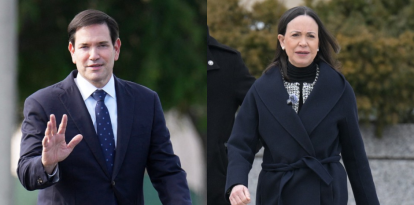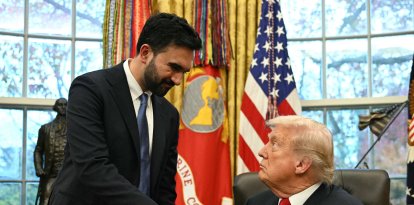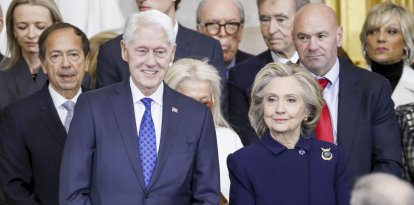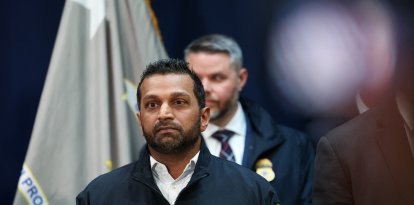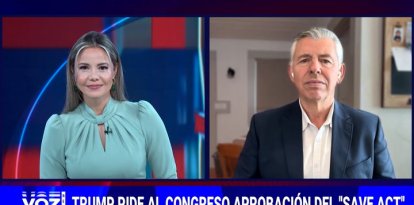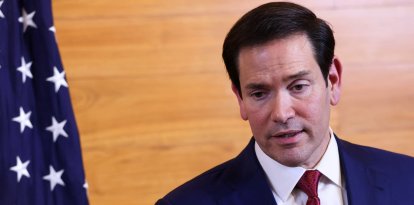Senate reminds Biden's nominee for Israeli ambassador of his stance in favor of the Iran Nuclear Deal
Jacob Lew, Treasury secretary and chief of staff during the Obama Administration, was scrutinized by Republicans at his confirmation hearing.
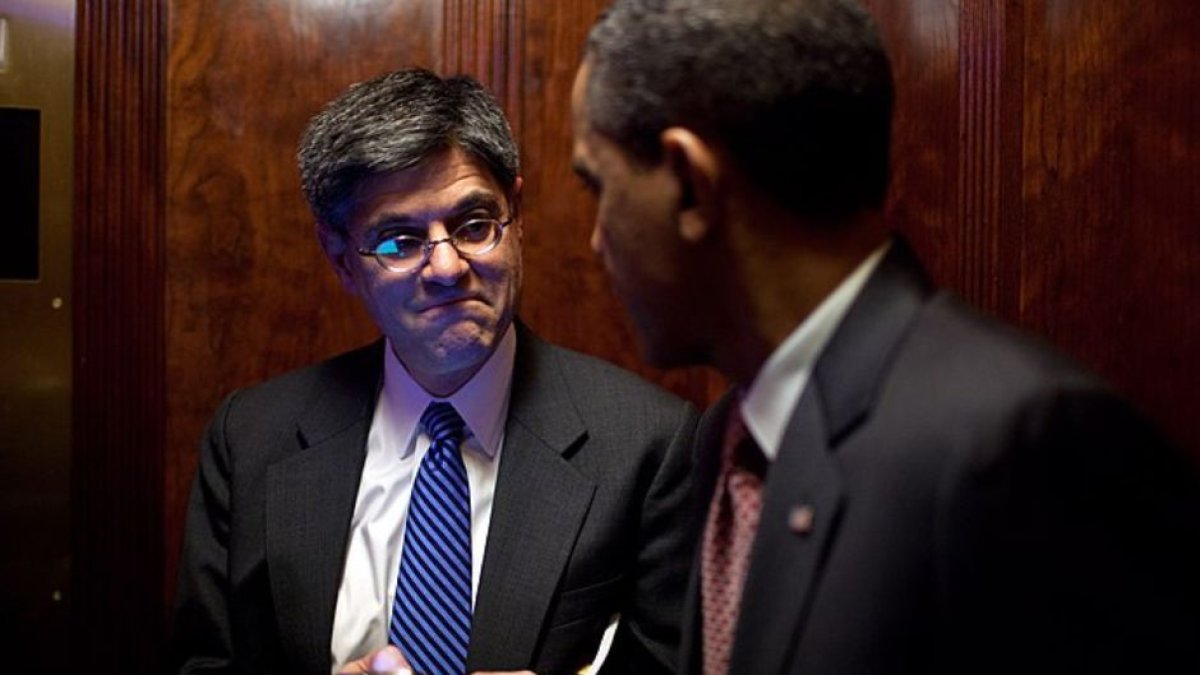
Wikimedia Commons
On September 6, before the war between Israel and Hamas, Joe Biden nominated Jacob Lew as ambassador of Israel. This position had become vacant after the resignation of Thomas Nides. Following delays in the confirmation process, the Senate questioned the president's nominee, and Republicans recalled his efforts in favor of the Joint Comprehensive Plan of Action (JCPOA), commonly called the Iran Nuclear Deal.
Lew, who served as Treasury secretary and chief of staff during Barack Obama's administration, passed the Senate on Wednesday to be examined by lawmakers on the Foreign Relations Committee. Although the position he is seeking has been vacant since June, the Hamas terrorist attacks brought some urgency to his confirmation.
Although the White House believed that the process would be accelerated given the context, Republicans were relatively resistant to Lew, mainly due to his past in favor of the JCPOA. Ted Cruz (R-TX), Tom Cotton (R-AK), Marco Rubio (R-FL) and John Barrasso (R-WY) were the prominent critics of the former official.
"The wrong person for an important job"
Barasso, who happens to be the number three Republican leader in the Senate, began by listing Lew's record in the Middle East during his years in public administration. According to the senator, his actions "have emboldened terrorist organizations around the globe, and the American people and the Israeli people both deserve something different."
"He helped negotiate the disastrous Iranian nuclear deal. In fact, he went about bragging about the flawed deal to the American people. He unlocked a lot of Iranian assets. He was the ATM to the Iranian Ayatollah. No one will forget the pallets of cash going to Iran, the largest state sponsor of terrorism. We know how they used the money," he added.
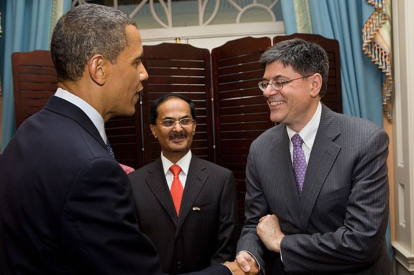
Jack Lew
Jacob Lew held several positions during the Obama Administration. Wikimedia Commons
Tom Cotton went a little further and called Lew an "Iran sympathizer" who is "bad for the United States," so, following this equation, "it is bad for Israel to have an Iran sympathizer as an ambassador there." He also criticized his record with the Iran Nuclear Deal and accused him of lying to Congress about it.
"I know Democrats are saying that we need to confirm Jack Lew quickly to show our support for Israel. I would say it's the exact opposite. We need to defeat Jack Lew's nomination to show that we have a new approach to Iran," he added.
On the other hand, citing a 2018 report by Republicans on the Senate Permanent Subcommittee on Investigations, Maro Rubio accused Lew of allowing Iran to convert funds held in an Oman bank into euros, also pressuring banks worldwide to do business with Tehran.
Ted Cruz, known for making Joe Biden's nominees for government jobs sweat, pressed Lew about the Biden Administration's sending money to the Gaza Strip, asking him if he thought the world was safer after the push for these policies.
Lew defined himself as "a fierce ally of Israel"
Throughout the round of questions, Lew was able to explain his vision of the Middle East. "I want to be clear: Iran is a threat to regional stability and to Israel's existence. If confirmed, I will uphold President Biden's warning to anyone in the region who might try to take advantage of the current crisis: don't," he said.
Then, in response to Republican criticism, he said that the Biden Administration should not reopen the JCPOA, arguing that while it could be a good thing, "this is not the time."
As for more progressive Democrats who scolded Israel for its response to Hamas attacks, Lew asserted that "This is not the time for us to be lecturing Israel on what they need to do," given that Israeli officials knew they had to conduct the war "in a way that is consistent with minimizing the impact on innocent civilians."
Finally, in reference to his long-term goals for the region, he mentioned the normalization of relations between Israel and Saudi Arabia and an eventual two-state solution with the Palestinians.













